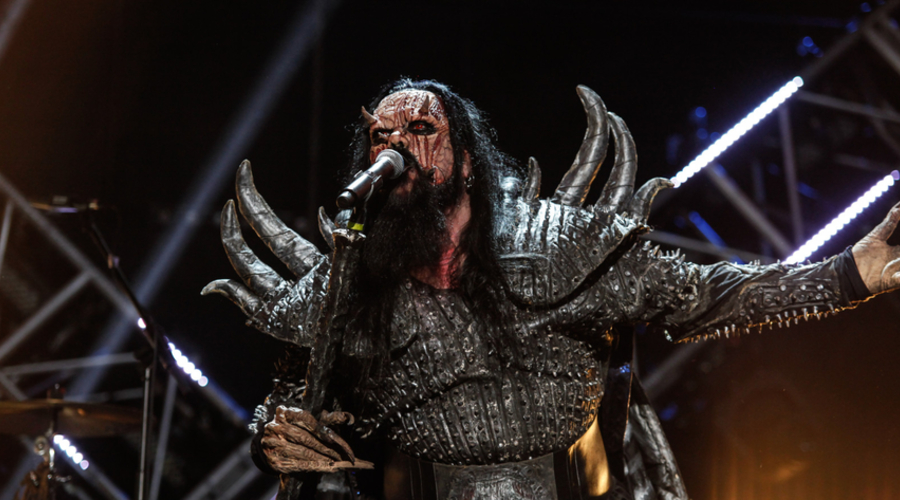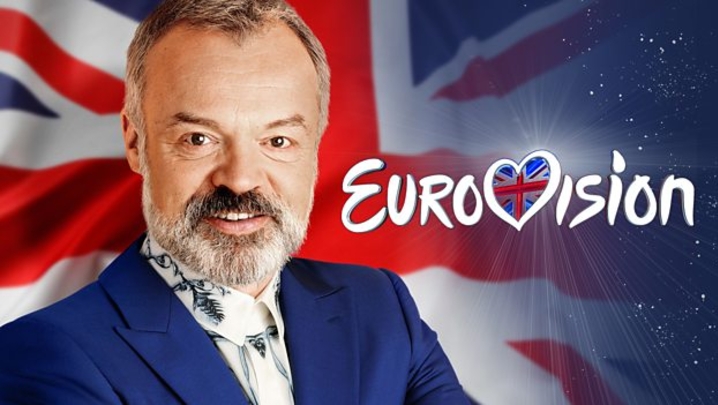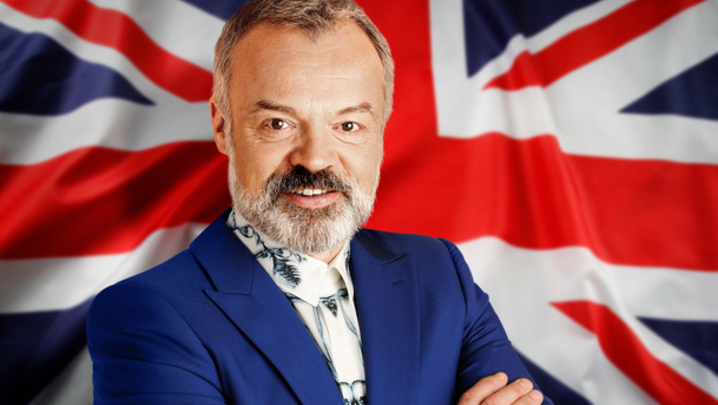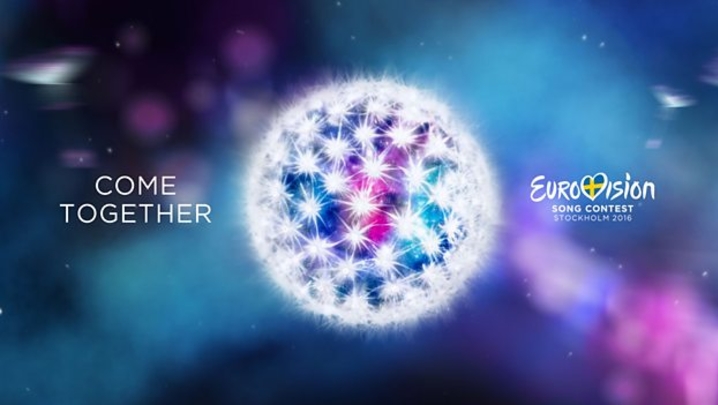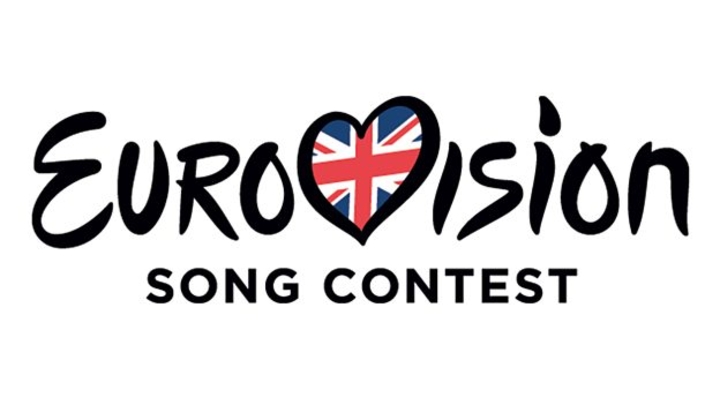This Saturday, Eurovision will make its triumphant return for the 65th Grand Final live from Rotterdam, after last year’s competition was cancelled due to the pandemic.
Once again, Graham Norton will be bringing his trademark irreverent commentary to provide the laughs while the performances bring the marvellous high camp spectacle.
The UK hasn’t won since 1997, with Katrina and the Waves’ hymn Love Shines a Light, but the Brit Award-winning singer James Newman will be hoping to end our 23-year drought with his single Embers.
With a selection of the weird and wonderful, here’s a rundown of the all-time most iconic Eurovision performances in its history:
Verka Serduchka – Dancing Lasha Tumbai
Country: Ukraine
Competition: Helsinki, 2007
Performed by Ukranian drag queen Verka Serduchka, this wild performance, featuring an ear-worm accordion hook and outrageous intergalactic disco outfits, captures all that is great about Eurovision. While it may not have won, coming second to Serbia, Ukraine’s entry is undoubtedly one for the history books.
Lordi - Hard Rock Hallelujah
Country: Finland
Competition: Athens, 2006
Looking like Middle-earth Orcs headlining Download Festival, heavy rockers Lordi took home Finland’s first ever win with their screamo anthem Hard Rock Hallelujah in 2006. With explosive pyrotechnics and frankly terrifying monster costumes, Lordi’s ‘arockalypse’ shook the competition out of its pop groove and probably terrified thousands of child viewers in the process.
ABBA – Waterloo
Country: Sweden
Competition: Brighton, 1974
When the orchestral conductor Sven-Olaf Walldoff appeared dressed as Napoleon, viewers knew they were in for a treat. Taking to the stage as then-unknowns, ABBA stormed the competition with their pop classic Waterloo.
With iconic outfits that would go on to influence fancy dress costumes for the next 50 odd years, the performance propelled them to global fame, with the group becoming a Europop cultural phenomenon.
Celine Dion – Ne partez pas sans moi
Country: Switzerland
Competition: Dublin, 1988
At just 20 years old, the French-Canadian singer Celine Dion won the competition for Switzerland by a single point, beating the UK in one of the closest finishes ever. Ne partez pas sans moi (Don’t leave without me) showcased Dion’s powerful vocals to the world, and she soon became an international superstar.
Loreen – Euphoria
Country: Sweden
Competition: Baku, 2012
With her undisputed banger Euphoria, Loreen gave us booming, solid vocals despite running around the stage dancing à la Kate Bush. 18 countries gave the song the maximum twelve points, the most top marks given to a single entry ever. The dance anthem went multi-platinum her native Sweden held the chart’s top spot for six weeks.
Conchita Wurst – Rise Like a Phoenix
Country: Austria
Competition: Copenhagen, 2014
Drag queen Conchita Wurst stunned audiences with her dramatic orchestral power ballad Rise Like a Phoenix in 2014. Sounding like a Bond theme, the rousing song was a goosebumps moment and her win was a triumph for LGBT+ visibility, instantly thrusting her to global gay icon status.
Bucks Fizz – Making Your Mind Up
Country: UK
Competition: Dublin, 1981
With a mini dress strip reveal to rival the finest on Drag Race, Bucks Fizz charmed the jury in Dublin and claimed the top spot, beating Germany by a close four points. While critics claimed the group were off-key during their live rendition, their vivacious choreography managed to provide ample distraction. Making Your Mind Up went on to spend three weeks at No.1 in the UK charts.
Johnny Logan – Hold Me Now
Country: Ireland
Competition: Brussels, 1987
Nicknamed ‘Mr Eurovision’, Johnny Logan is the only singer in Eurovision history to win the competition twice, in 1980 and 1987 with his tear-jerking ballad Hold Me Now. In 1992 he gave his Midas touch to Ireland once again, composing Linda Martin’s winning song Why Me.
They may not have qualified for the grand final this year, and they once entered a singing turkey, but with a whopping seven wins, Ireland holds the record for the most victories in the competition’s history.

